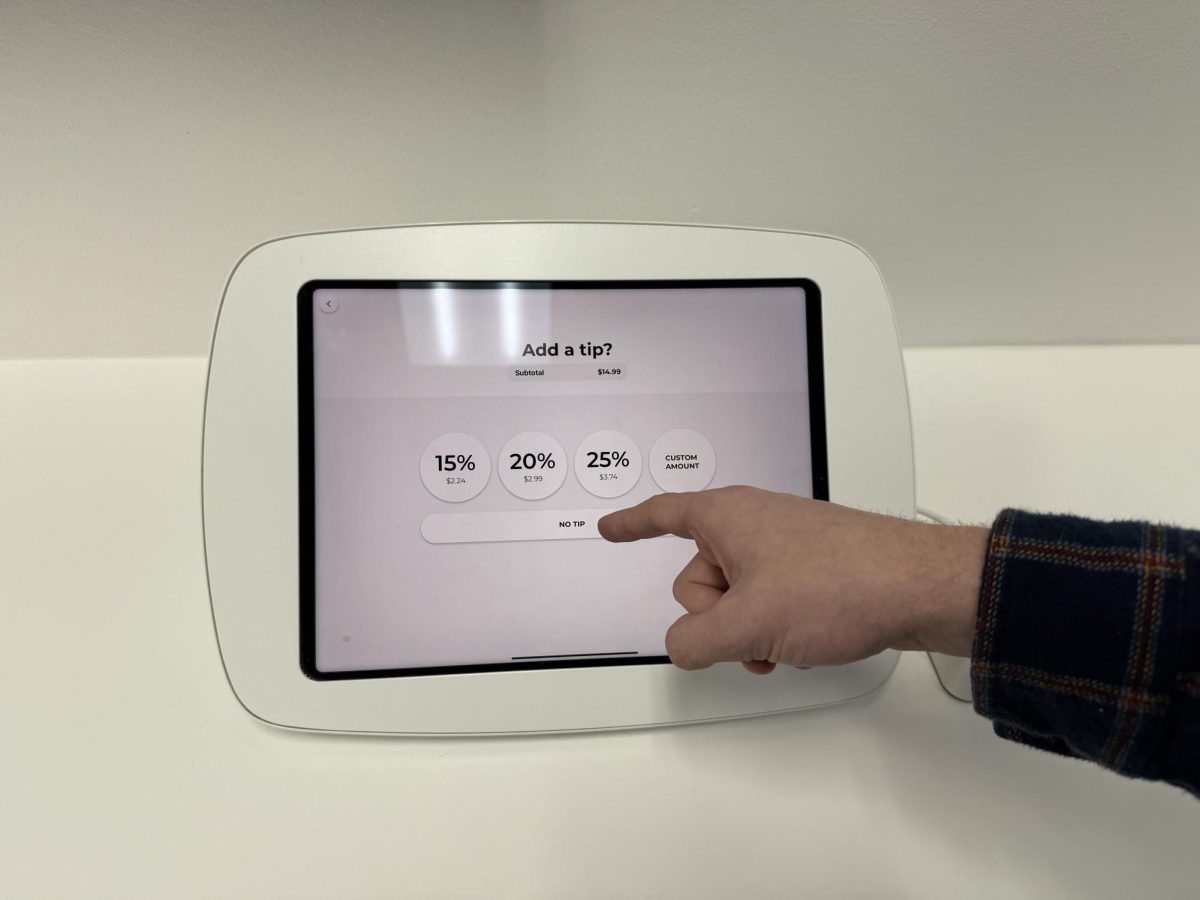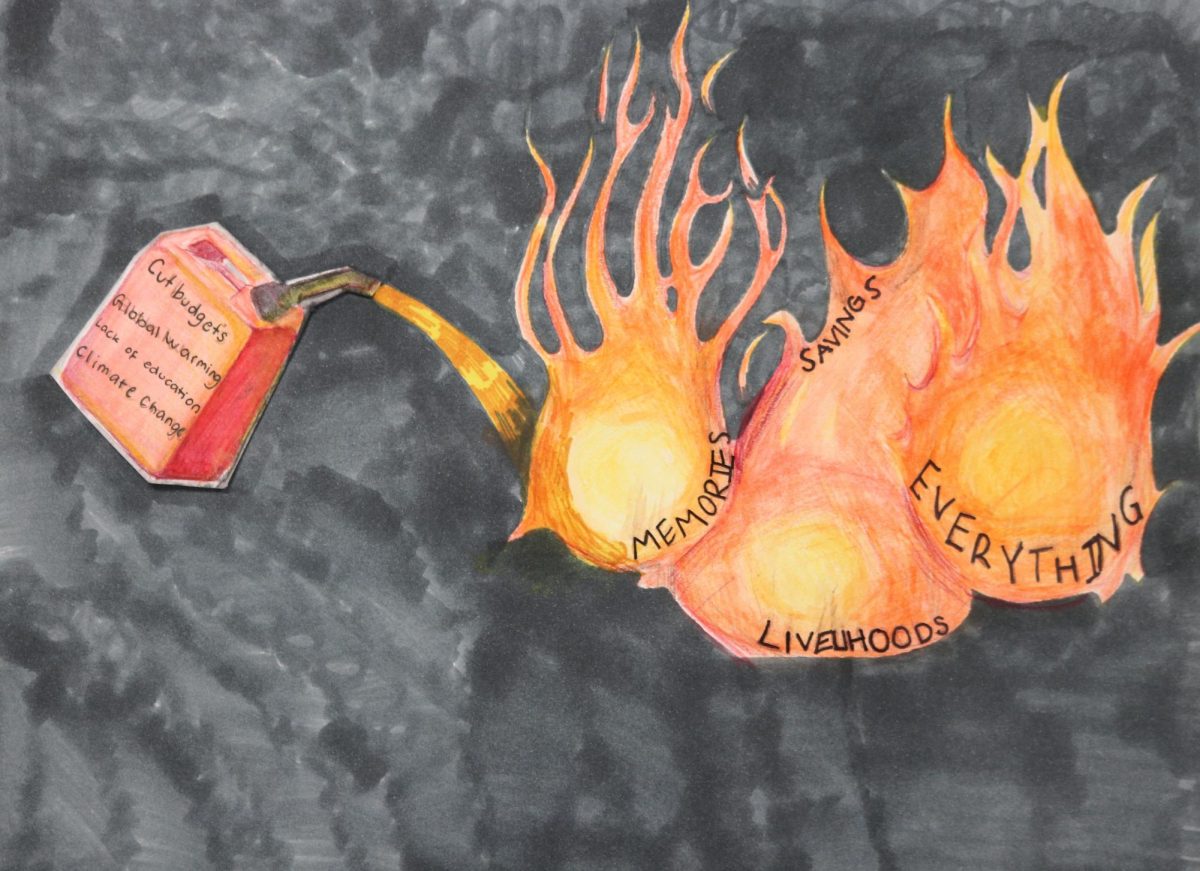Release of iPhone 7 Yields Curiosity About Role of Technology in Modern Life
Media by Bauti Bruinard
Costumers stand outside the Grand Central Station Apple store in NYC after the release of the iPhone 7. This was one of many stores surrounded by Apple fanatics after the nationwide release.
October 21, 2016
On September 7, Apple inc. released the iPhone 7 and iPhone 7 Plus, which quickly sold out across the country.
Several people have criticized the new product, stating that it’s not very different from other products, others dutifully stood in line waiting to purchase Apple’s newest release.
But this craze over the iPhone 7 reopens a question posed frequently by many: why have people become so obsessed with new technology?
“Everyone is obsessed with technology, no one could live without their phone,” Arman Virdee, junior said. “They would die.”
Some say advances in technology have opened many doors, especially evident within the academic environment as students now have the ability to complete schoolwork at the touch of a button.
“Technology has advantages but it has drawbacks as well,” Virdee said. “For homework, you could use it to help you but it could distract you as well. It completely depends.”
Yet, while some students feel rather strongly in their support for modern technology, some have become quite immune to the revolution.
“[Technology] is probably going to ruin us in the end. So many people are addicted to it and they don’t even know it. Social media has taken over half of their lives or more,” Brian Piwowarczyk, senior said. “I see people go a day without their phones and they just freak out about it.”
Dr. Amit Prasad, sociology professor at the University of Missouri, sees the rise of technology differently, not as an obsession, but as a change.
“Part of it is contextual, what has happened in the last 10 or 15 years is that there are several technologies that have come about that have transformed the way we interact,” Dr. Prasad said. “Before cell phones there was a different in which families interacted that involved face to face conversation. Now there’s proximity and possibility that have arised.”
One thing that has surprised Dr. Prasad about the growth of technology, whether it be phones or science based, is the speed of it all.
“When I look at the cell phone technologies and all the social media technologies I never thought it’d be so fast, that is what is most surprising to me,” Dr. Prasad said.
Similarly, Dr. John Staudenmaier of University of Detroit Mercy said that he, too, has seen the impact of technology on today’s fast-evolving world, particularly through the incorporation of smartphones in a globalized revolution.
“I usually tell people there are very few genuine technological revolutions in the industry, this was such a game changer,” Dr. Staudenmaier said.




















